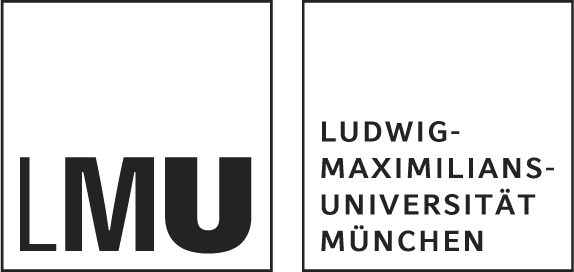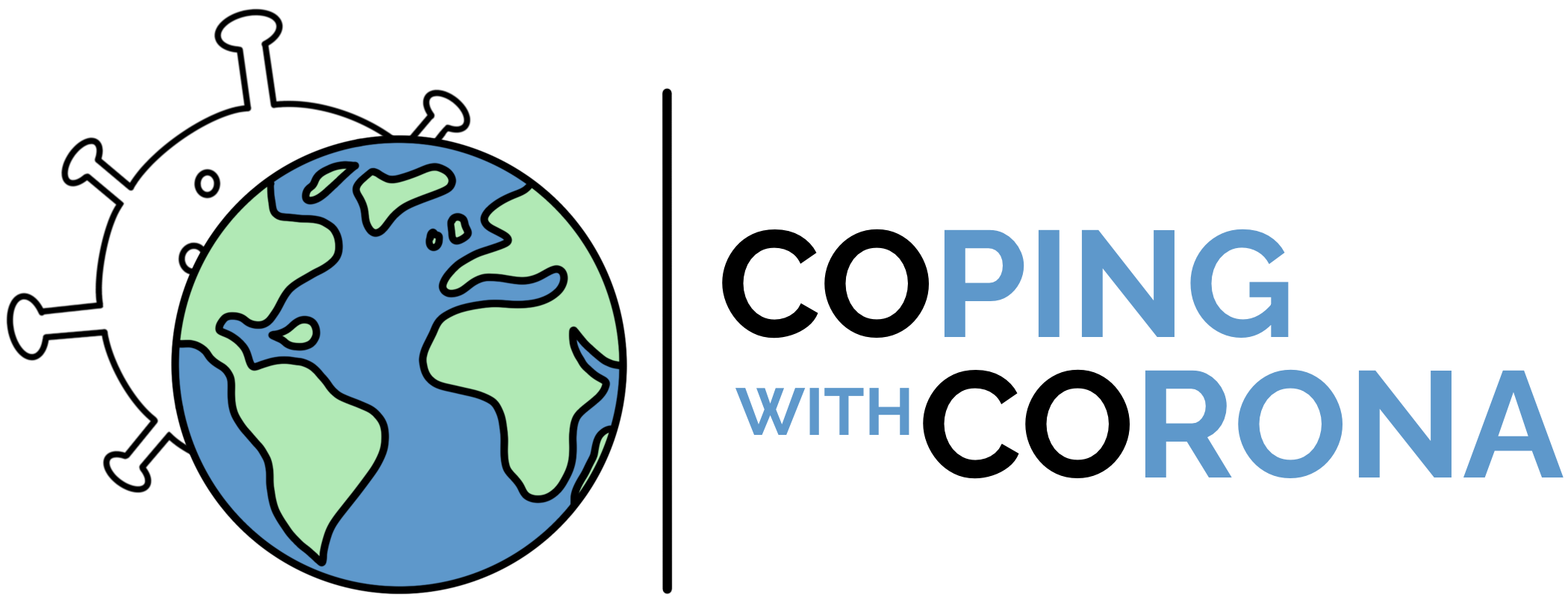Coping with Corona (CoCo) – CoCo-Study
WWU Muenster – University Osnabrück – LMU Munich
"How do different people cope with changes caused by crises such as the COVID-19 pandemic and the war in Ukraine?"
"Why do people differ in their well-being during crisis situations?"
These are the questions we are addressing as part of our joint research project, Coping with Corona (CoCo), funded by the German Research Foundation (DFG). While the project originally focused on the influence of the COVID-19 pandemic, since the start of the war in Ukraine we have also considered its impact.
We are a joint research team from the University of Muenster, the University of Osnabrueck, the LMU Munich, and multiple international project partners (see Our Team).
For us, understanding the individual mechanisms of impact in everyday social life is key to addressing this crisis and those to come. To achieve this, we collaborate internationally with more than 50 renowned scientists from various disciplines (including Germany, the USA, Australia, Israel, Argentina, Brazil, ... ➤Interactive Map) and apply cutting-edge methods of data collection (e.g., smartphone sensing, experience sampling) to achieve reliable insights that are as close as possible to our everyday lifes.
 |
 |
 |
 |
 |

Our Research Objectives
The CoCo project initially aimed primarily to gain key insights into the relationship of Covid-19 pandemic changes, restrictions, and relaxations with various aspects of well-being (e.g., life satisfaction, happiness, loneliness). However, now the war in Ukraine triggers a devastating crisis and worries many people. To address this situation, we are now broadening the goal of the project to include the war in Ukraine. Here, we are particularly interested in differences between people and in the role played by individual social experiences and individual ways of dealing with crisis situations.
To answer our research questions, we conduct a longitudinal and international studies. You can find a detailed overview of this study by clicking on Our Studies. Recommendations for future crisis interventions on the individual and societal level should be derived from our findings.
Our TeamOur team consists of professors, post-docs, Ph.D. candidates, and student research assistants from the participating universities:
|
Our Team
Our team consists of professors, post-docs, Ph.D. candidates, and student research assistants from the participating universities:
- University of Muenster (WWU) (WWU)
Chair: Psychological Assessment and Personality Psychology
Lead: Prof. Dr. Mitja Back - University of Osnabrueck (UOS)
Chair: Developmental Psychology
Lead: Prof. Dr. Maarten van Zalk - Ludwig-Maximilians-University Munich (LMU)
Chair: Psychological Methods & Assessment
Lead: Prof. Dr. Markus Buehner
 |  |  | |
| Prof. Dr. Mitja Back Project Lead WWU | Prof. Dr. Maarten van Zalk Project Lead UOS | Prof. Dr. Markus Bühner Project Lead LMU | Prof. Gabriela Harari, Ph.D. Stanford University |
| Dr. Katharina Geukes Post-Doc WWU | Dr. Maor Shani Post-Doc UOS | Dr. Ramona Schoedel Post-Doc LMU | Prof. Sandra Matz, Ph.D. Columbia University |
| Julian Scharbert Ph.D. Candidate & Project-Coordinator WWU | Julian ter Horst Ph.D. Candidate & Project-Coordinator UOS | Thomas Reiter Ph.D. Candidate & Project-Coordinator LMU | Prof. Samuel Gosling, Ph.D. University of Texas at Austin |
| Lara Kröncke Ph.D. Candidate WWU | Sophia Sakel Ph.D. Candidate & Project-Coordinator LMU | Prof. Dr. Clemens Stachl, University St. Gallen |



